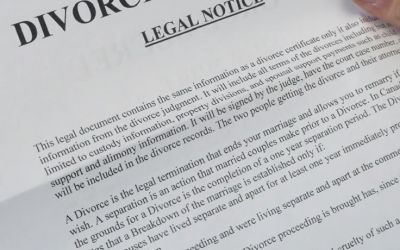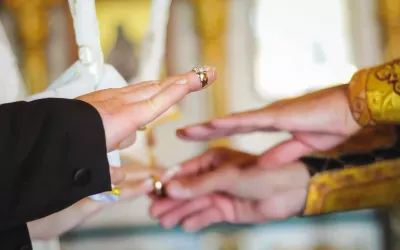
Expat Marriage in UAE: A Complete Guide for Sharia & Civil Weddings
Table of Contents ▼
If you’re an expatriate in the UAE and planning to marry, understanding the expat marriage in UAE process is crucial.
The UAE offers two main options for marriage: Sharia law for Muslims and civil law for non-Muslim expatriates. Both legal systems are available, offering flexibility for different nationalities and religions.
If you’re an expat in need of a valid Abu Dhabi marriage, a court wedding is a clear legal path.
In this guide, we’ll take you through the steps and key details of both marriage options, along with the required documents and legal procedures to help you navigate the process smoothly.
Legal Framework for Expat Marriage in UAE
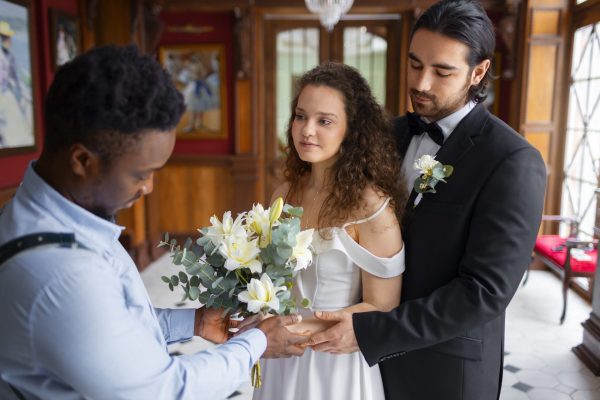
The UAE provides two primary avenues for expatriates to marry. You can choose to marry under Sharia law or through a civil marriage, depending on your religion and nationality.
For Muslims, Sharia law governs marriage and the entire process follows traditional Islamic legal guidelines. On the other hand, non-Muslim expatriates can opt for a civil marriage, which is a secular procedure carried out by the relevant authorities without any religious involvement.
Both types of marriage are legally valid in the UAE and provide a strong legal framework for expat couples wishing to marry. If you need to know steps to legalize wedding in Dubai, the process depends on your marriage type.
Sharia Law Marriage for Muslims
For Muslim expatriates, marriage is conducted under Sharia law. The legal process includes specific eligibility requirements and documentation. First, both parties must meet the legal age for marriage. Women must also have consent from their guardian (wali) unless they are widowed or divorced. Additional documentation is required for women in such cases.
The documentation generally includes passports, residency visas, proof of single status (a certificate indicating the person is unmarried), and health certificates verifying that both parties are free from contagious diseases. Once the documents are submitted, the marriage registration typically takes around two weeks, though this can vary depending on the case and paperwork.
After the marriage is registered, the couple receives a marriage certificate, which serves as legal proof of their marriage for various legal purposes such as residence visa applications.
Civil Marriage for Non-Muslim Expats
Non-Muslim expatriates have the option to marry through a civil procedure, which is secular and involves no religious affiliation. This type of marriage is typically preferred by expats from countries where civil marriage is the legal norm. Non-Muslim couples need to submit their documents to the relevant embassy or consulate in the UAE.
The documents required for a civil marriage include valid passports, residency visas, proof of single status, and health certificates. The civil marriage process may take up to three months, as the documents must be verified by the embassy before the marriage can be registered.
Once the marriage is officially registered, the couple receives a marriage certificate that is recognized both in the UAE and in their home country.
Step-by-Step Process for Expat Marriage in UAE
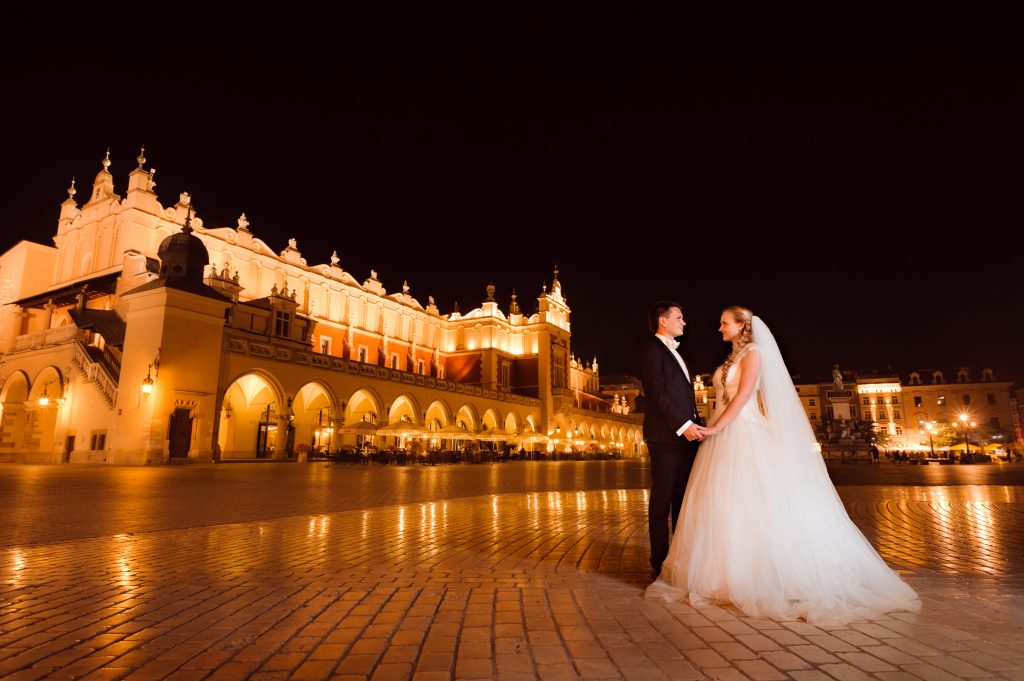
While the expat marriage in UAE process is relatively straightforward, it can differ slightly depending on whether you choose Sharia law or civil marriage. Both processes involve several common steps.
First, you’ll need to gather all the required documents. This includes your passports, residency visas, proof of single status, health certificates, and, if applicable, proof of guardian consent for the woman under 18 for Sharia law marriages. Once all documents are ready, you will submit them for verification.
Once the authorities verify your documents, the next step is the official registration of your marriage. For a Sharia law marriage, both partners must appear in person at the UAE court, where the marriage ceremony will be performed. For civil marriages, you will need to complete the registration process at your respective embassy. After your marriage is registered, you’ll receive a marriage certificate, which is the legal proof of your marriage.
Required Documents for Expat Marriage in UAE
For both types of marriage, the general documentation includes valid passports and residency visas. You will also need to provide proof of your single status, either through a certificate of no impediment or another legal document that proves you are not married. Health certificates are mandatory to confirm that both parties are free from contagious diseases.
For a Sharia law marriage, women under the legal marriage age (18 years) will need to provide guardian consent. Civil marriages also require proof of residence in the UAE, which is a requirement for processing the marriage registration.
Costs and Processing Times for Expat Marriage in UAE
The costs for an expat marriage in UAE can vary depending on the type of marriage and the location of registration. Sharia law marriages typically cost between AED 500 to AED 2,000, depending on court fees and health certificate processing. Civil marriages tend to be more expensive, with costs ranging from AED 2,000 to AED 4,000 due to embassy registration and other documentation.
In terms of processing times, Sharia law marriages usually take about two weeks. Civil marriages can take longer, typically around three months, due to the additional steps involved in embassy document verification.
Challenges and Tips for a Smooth Expat Marriage in UAE
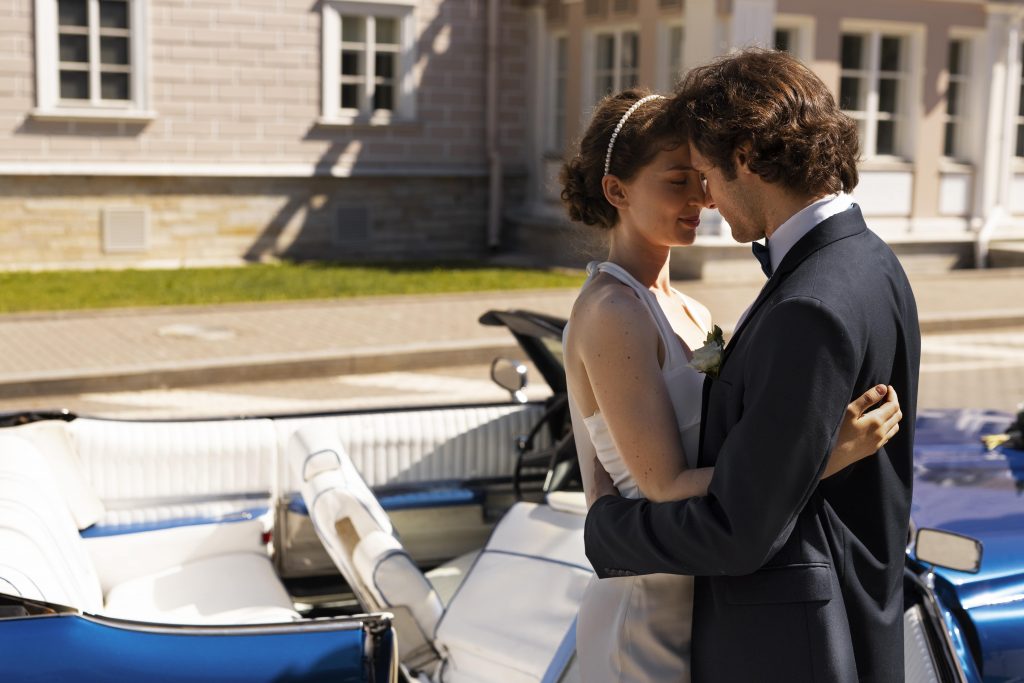
The expat marriage in UAE process can be smooth, but there are common challenges that expatriates might face. One of the primary challenges is ensuring that all documents are in order. Missing or incorrect documents can delay the process. To avoid complications, it’s important to gather and verify all required paperwork before starting the process.
Additionally, certain nationalities may face additional legal requirements or bureaucratic hurdles. It’s always a good idea to check with your embassy about any specific requirements for your nationality.
To make the process easier, you may want to consult a legal expert who specializes in expat marriage in UAE. A legal professional can help ensure that your documents are correct and assist with any legal steps that might be more complicated for certain nationalities.
Conclusion
Whether you choose a Sharia law marriage or a civil marriage, the expat marriage in UAE process is relatively simple as long as you follow the necessary steps and have the right documentation. With a little preparation, you can make your marriage in the UAE a smooth and legal process.
If you’re ready to begin your marriage journey in the UAE, consider working with professionals who specialize in expat marriage processes. Services like Easy Wedding can provide the expert guidance you need to navigate every step of your expat marriage in UAE.
Explore options for expat marriage in Abu Dhabi and understand the legal requirements for a seamless process.

